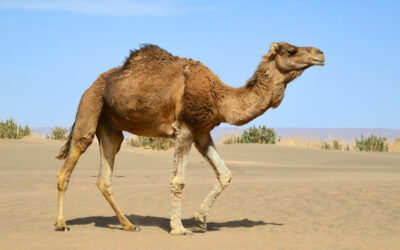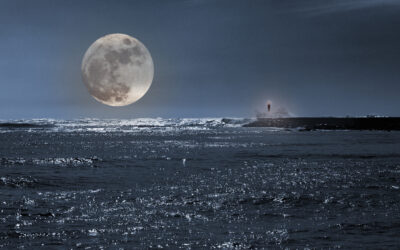Russian has several unique sounds that can be difficult for English speakers to pronounce because they have no direct equivalents in English. These sounds contribute to the distinct sound of the Russian language.
Ы (Yery)
The vowel Ы (yery) is a sound that doesn’t exist in English. It’s produced by positioning the tongue high and back in the mouth, creating a sound somewhere between “i” in “bit” and “u” in “pull.” It’s one of the trickiest Russian vowels for English speakers to master.
Х (Kh)
The consonant Х (kh) is a voiceless velar fricative, similar to the sound made in the Scottish word “loch” or the German “Bach.” It’s a harsher, throatier sound than any English “h.”
Щ (Shch)
The letter Щ (shch) is a sound that’s often described as somewhere between “sh” in “shower” and “ch” in “cheese.” It’s a softer, more prolonged “sh” sound, found in words like “щедрый” (shchedryy – generous).
Й (Yot)
The Й (yot) sound, similar to the English “y” in “yes,” appears in combinations like “ай” (ay) or “ой” (oy). While not entirely foreign, its use in forming diphthongs and softening other vowels can be difficult for non-native speakers.
Ю (Yu) and Ё (Yo)
The Russian Ю (yu) and Ё (yo) are combination sounds that don’t exist as single phonemes in English. Ю sounds like “you” said quickly, while Ё is a stressed “yo” sound that often merges into Е (ye) in unstressed positions.
Ц (Ts)
The letter Ц (ts) represents a hard, sharp sound similar to the “ts” in “cats.” Unlike in English, it’s not a combination of two sounds but rather a single phoneme, commonly found in words like “царь” (tsar).
Ь (Soft Sign)
While the Ь (soft sign) doesn’t represent a sound itself, it plays a crucial role in softening the consonants that precede it. This “softening” gives Russian words a smoother, more palatalized sound that can be hard for English speakers to replicate.
These sounds create a rich variety of pronunciation challenges for learners of Russian, making the language sound vastly different from English!
Related Articles
The Origins of April Fools’ Day—A Celebration of Tricks and Pranks
The origins of April Fools’ Day are uncertain, but one theory links it to 1582, when France switched from the Julian calendar to the Gregorian calendar. People who didn’t get the memo and continued...
The History of Camels—Nature’s Ultimate Desert Survivors
Camels have been desert dwellers for millions of years, but their adaptations make them one of the most resilient animals on Earth. Contrary to popular belief, camels don’t store water in their...
The Science of Tides—The Moon’s Pull on Earth
Tides are the rise and fall of ocean water, caused mainly by the gravitational pull of the moon. As the Earth rotates, the moon’s gravity pulls on the oceans, creating bulges of water that result in...





